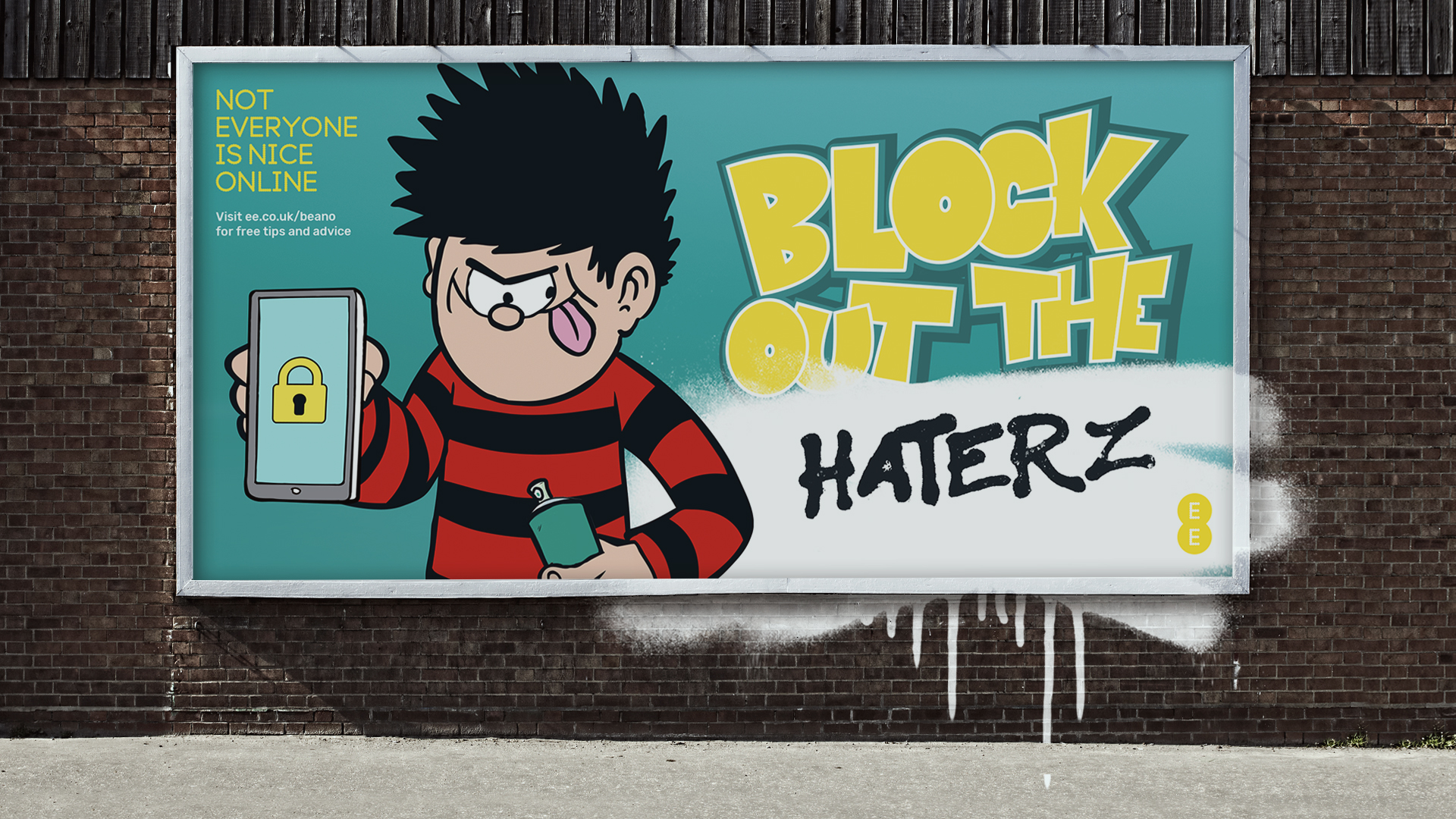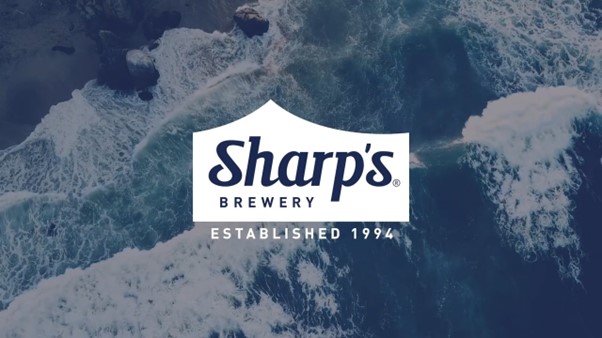McDonald’s, Nike and Coca-Cola are three of the world’s most recognisable brands. Aside from the fact they’re all global behemoths that probably don’t have to worry about bankruptcy any time soon, there is one big characteristic that these distinctly different companies have in common: sports sponsorship.
The fast food, sports and drinks brands all provide significant financial support to the sports industry, from McDonald’s’ sponsorship of the FIFA World Cup and Nike’s partnerships with numerous sports teams, athletes and events, to Coca Cola’s sponsorship of the Olympics.
Sports sponsorship is an incredibly common strategy among brands large and small. The proof is in the money being spent on such partnerships — it’s estimated that the global sports sponsorship industry was worth an estimated $66 billion in 2022, and is forecasted to skyrocket to a value of just under $108 billion by 2030.
As an award-winning marketing agency, Pitch heavily leans on sports sponsorship to get our clients results ourselves — and to great success, if we say so ourselves. But what exactly is sports sponsorship, why do brands pour so much money into the sector, and how does sports sponsorship actually work? Find out the answers to these questions and more below.
What is sponsorship in sport?
For an in-depth breakdown of what sports sponsorship actually is and its benefits, check out our blog on the topic. In short, though, it generally involves external financial assistance to a sporting endeavour for the mutual advantage of all parties. Those typically chosen for sponsorship are:
- Individuals, such as athletes or coaches.
- Entities, like teams or leagues.
- Events, ranging from prestigious competitions like the World Cup to amateur contests.
What are the benefits of sports sponsorship?
For sports stars, organisations and events
The main benefit of sports sponsorship for athletes, entities and events is monetary. These deals can be worth eye-watering amounts of money — take Cristiano Ronaldo’s deal with Nike, for instance, which will be worth an estimated $1 billion over his lifetime. Even smaller scale sponsorships can be worth big bucks.
For brands
For sponsors, sports sponsorships help increase brand awareness, improve their brand image and enable them to build community relationships. The huge interest in sport helps explain the first two benefits, while directly contributing to the success of local sports teams and athletes explains the latter.
How do sports sponsorships work?
How a sports sponsorship works in reality varies on who is being sponsored and the extent of the financial backing. For instance, individual sports stars may receive sponsorship to use or endorse specific products during their performances or designated promotional appearances. On the other hand, teams might secure sponsorship to display brand banners around their arena or change its name to the sponsor’s, like the Emirates Stadium, for example.
Sports sponsorship spans across all tiers of athletics — even school sports teams frequently receive sponsorship from local businesses. Nevertheless, it’s most strongly associated with elite sports, given the extensive exposure that accompanies such partnerships.
What does a sports sponsorship campaign look like?
So, now you know how sports sponsorships work in general, let’s look at what a campaign might look like in practice.
Identifying opportunities: Brands will first identify sports teams, events, or athletes that align with their values, target audience, and marketing objectives. For instance, Red Bull’s association with Formula One is natural considering the high-octane nature of its product.
Negotiating terms: Once a suitable opportunity is identified, negotiations will take place to determine the terms of the sponsorship. This includes aspects such as the financial contribution, the duration of the sponsorship, the rights and benefits the sponsor will receive, and any specific obligations or exclusivity clauses.
Financial support: Sponsors provide financial support to the sponsored entity. As well as sending them money directly, brands may also or instead cover a sports team or organisation’s operating expenses, improve its facilities, or support an athlete’s training and development.
Promotional benefits: In return for their financial support, sponsors receive various promotional benefits, which may include:
- Branding — Sponsors’ logos and brand names may be prominently displayed on team uniforms, event signage, equipment, and other relevant places.
- Advertising — Brands often receive advertising opportunities during the broadcasts of games, events, or competitions. This could include commercials, banners, or product placements.
- Media exposure — Sponsors might get featured in press releases, interviews, and other media coverage related to the sponsored party.
- Hospitality — Brand employees often receive VIP access to events, hospitality suites, and exclusive meetings with athletes or team members.
- Social media and online presence — Sponsors might be promoted on social media platforms, official websites, and other online channels associated with the sponsored party.
Activations and engagements: Sponsors often engage in promotional activities related to the sponsored party that help them connect with their target audience. This could involve organising fan engagement events, contests, giveaways, or interactive experiences.
Evaluating ROI: During or after a campaign, brands will assess the return on investment (ROI) of their sponsorship efforts. This involves measuring factors like brand visibility, consumer engagement, sales growth, and other relevant metrics to determine whether the sponsorship is achieving its intended objectives.
Renewal or termination: Depending on the success of the sponsorship and the evolving goals of both the sponsor and the athlete, team or organisation being sponsored, the arrangement might be renewed, modified, or terminated at the end of the agreed-upon term.
How can brands invest in sports sponsorship?
While the benefits of sports sponsorship are clear, it’s not as simple as just deciding to sponsor a sports star, team or organisation from a brand’s perspective. Doing so relies on building relationships with those in the industry and identifying the right opportunities for sports sponsorship, actions that are certainly easier said than done.
Fortunately, however, Pitch can help. We have built up connections with some of the sports industry’s leading lights in our 20 year history, from teams and organisations like Liverpool FC and the NBA, to athletes such as Victoria Pendelton and Anthony Joshua. As a result, we’ve helped the likes of Hyundai, cinch and Tag Heuer harness the power of sports to take their marketing efforts to the next level.
We can help your own brand supercharge its sports sponsorship efforts through our specialised service, connecting you with the perfect sports stars, teams and organisations for your business. Learn more about our work here and don’t hesitate to contact us to find out more about what we do, or to make an enquiry.






